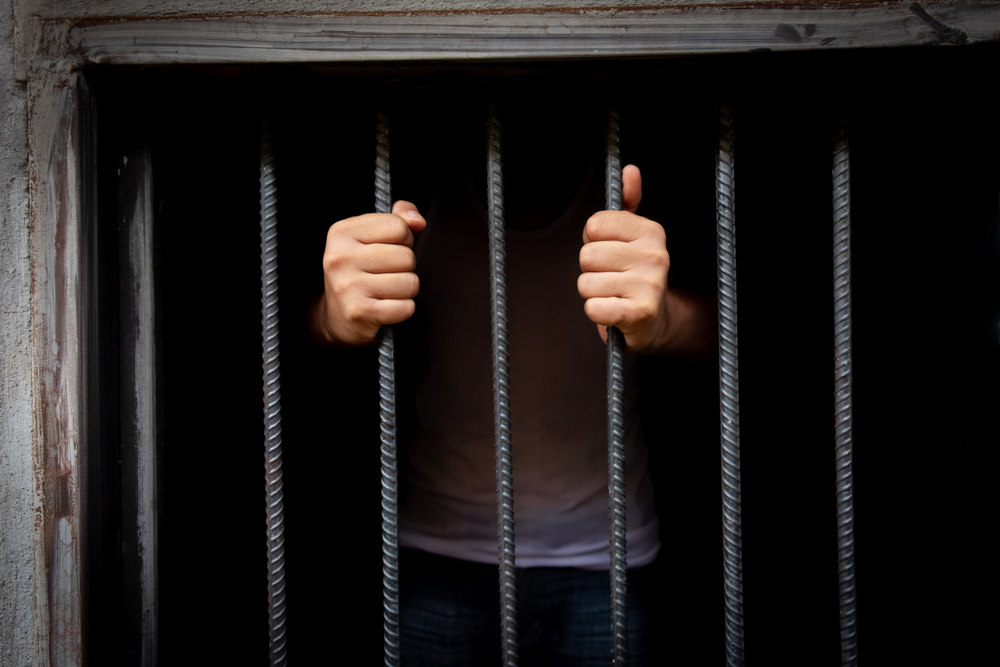Getting arrested can be frustrating. For one, it is because you usually have no clue how long you will be held. You typically leave your life, business, and family, even if it is for several hours. When you are in custody, the one thing you worry about is whether or not you are going ever to taste freedom.
If you are convicted, there is a certainty, and you are aware when you will be going back home. On the other hand, if there are no charges, it cannot be obvious.
With the following insights, you can get information on how long you can be held…
- 72 hours before a speedy trial
After being arrested, you should be tried for the alleged offenses. For most states, you are required to have a speedy trial within 72 hours of arrest. The prosecution is what decides when you will have a speedy trial, and it is usually within 72 hours.
- 36 to 96 hours before the prosecutor settles on a charge
After a speedy trial, the prosecutor is required to come up with a charge. Note that the amount of time needed for this to take place depends on the seriousness of the crime. For instance, the decision on what to charge you will take a shorter time. If the prosecutor takes longer than 96 hours to charge you, the police should let you go. Prosecutors understand this and are therefore unlikely to take longer than that to come up with a charge. It is a violation of the suspect’s rights.
- Up to 14 days for a bond hearing
Depending on the state and the kind of charge, you might not be released from custody until a bond hearing. The severity of your case will determine how fast you get to a bond hearing.
Minor offenses have apparent bond schedules to mean that you are likely to go home after being charged. Murder cases will take several days. After being granted bail, you are free to go home and come back for your hearing.
Suspects are not always granted bail. Some courts may deny them bail with fear that they will tamper with an investigation. In this case, you are held in jail for other bond hearings, until the judge grants you bail.
Understanding your rights about arrests will put you at an advantage. As mentioned, if there are no charges, you should not stay in custody for longer than 72 hours. If the reason for the arrest is severe, it might take up to 96 hours. If you have an attorney, you can communicate with him, and you will get information on how long you will stay in custody, even after you have been charged for a given crime. They are also instrumental in negotiating with the charge to provide you with a bond.
The type or severity of a crime can affect the duration you will be held. The more severe the case, the more time you will spend in jail.





